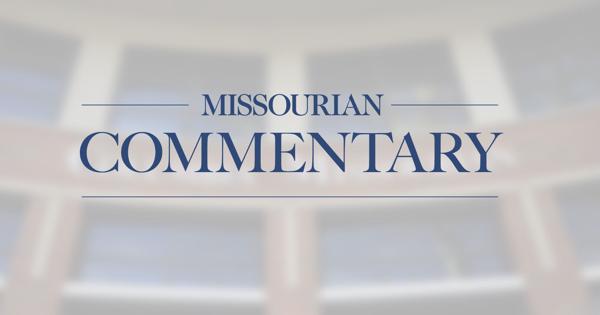
Concerns Mount as Ameren Missouri Proposes Significant Electricity Rate Hike
In a proposal recently announced by Ameren Missouri, the utility company plans to increase electricity rates by over 15%, raising alarms among residents and prompting discussions about the implications of such a substantial increase. For many, this move has evoked memories of the economic hardships that accompanied similar policy decisions in states with a reputation for high living costs and complex energy regulations.
A recent newcomer to Missouri expressed strong concerns about this proposal, citing the state’s reputation for a pragmatic approach to governance and a commitment to fostering an improved standard of living. Having relocated from a state often characterized by high taxes and expensive utilities, this individual articulated a belief that the proposed rate hike represents a regression to the problematic policies that contributed to their previous location’s economic challenges.
In the broader context, the proposed rate increase by Ameren Missouri can be viewed through the lens of ongoing national debates surrounding energy costs, sustainability, and regulatory frameworks. Utility companies across the United States frequently introduce rate increases as a means of maintaining infrastructure, investing in renewable energy sources, and managing operational costs. However, such price hikes often place significant burdens on consumers, particularly those in lower-income brackets.
Moreover, energy affordability is becoming increasingly important as many households grapple with the rising costs of living exacerbated by inflation and other economic pressures. Missouri has been seen as a state where residents can experience a high quality of life while maintaining a reasonable cost of living, a contrast to many blue states that are facing escalating financial demands on their citizens.
The timing of Ameren Missouri’s proposal raises additional questions regarding the company’s long-term strategies for energy production and distribution. As the state looks to balance increasing energy demands with the necessity for environmental sustainability, stakeholders—including consumers, policymakers, and environmental advocates—are expected to engage in dialogue about the implications of the proposed rate increase.
As discussions unfold, Missouri residents are encouraged to make their voices heard and participate in the public discourse. Active engagement can shape the energy policies that drive the state’s future direction and maintain the affordability that has drawn many to call Missouri home.
In conclusion, while the residents of Missouri cherish their state’s common-sense culture and affordability, the proposed rate hike by Ameren Missouri may warrant deeper examination and discussion in order to safeguard the financial well-being of its residents and uphold the state’s attractive living conditions.


